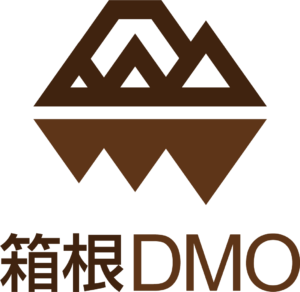
Hakone is a hot spring resort town rich in nature that located in the surroundings of Tokyo, only 1:30 drive away. Before the COVID-19 pandemic, the city with a population of 11,000 had around 20 million visitors per year, of which three-quarters were day-visitors. Therefore, it was vital to promote attractive places and products in addition to existing major tourist attractions, extending the length of stay and increasing the number of overnight stays. To this end, new ways were considered that would bring about a shift from quantity to quality of the services.
Although Hakone has many attractive tourism resources, there was a lack of human resources to guide visitors to these attractions, to counter this issue a human resources training program for guides was created. The leader of the project was an experienced local mountain guide, and the DMO supported them as the secretariat. Members included town stakeholders, such as accommodation facilities.
The team began by thoroughly identifying and organizing the types of guides needed in Hakone and their roles. Taking a medium- to long-term perspective, the team worked to build a strategy for training guides and determine the direction of the project.
By making this an official Hakone DMO certification, the aim is to improve the recognition of guides in Hakone, promote new employment in the region, and improve Hakone’s brand value as a tourism destination as part of a sustainable business cycle.
